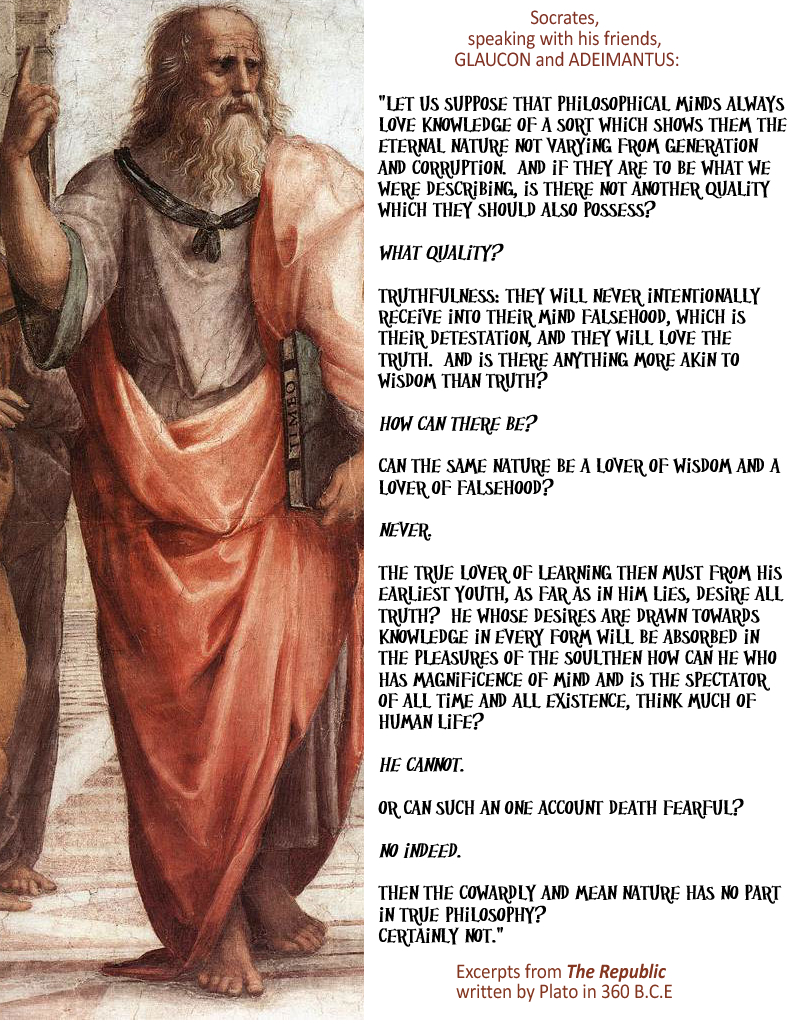Republished by Blog Post Promoter
 Heraclitus is the first Greek philosopher to come from an aristocratic family. He became disillusioned with his fellow citizens when they chose to remove a prominent figure from office. He didn’t think that most people knew what they were doing, and were quick to accept tradition or go along with the opinions of others. For this reason, he was in favor of an aristocratic government (aristos) rather than a democracy exclaiming “One person is ten thousand to me if he is best.” His disillusionment with others, who could not understand his philosophy, led him ultimately to live a life of solitude in the mountains and to be known also as “The Weeping Philosopher.”
Heraclitus is the first Greek philosopher to come from an aristocratic family. He became disillusioned with his fellow citizens when they chose to remove a prominent figure from office. He didn’t think that most people knew what they were doing, and were quick to accept tradition or go along with the opinions of others. For this reason, he was in favor of an aristocratic government (aristos) rather than a democracy exclaiming “One person is ten thousand to me if he is best.” His disillusionment with others, who could not understand his philosophy, led him ultimately to live a life of solitude in the mountains and to be known also as “The Weeping Philosopher.”
Heraclitus saw that the world is in a constant state of flux. He believed everything changes into it’s opposite, and that this is what maintains the world. “Cold things warm up, the hot cools off, wet becomes dry, dry becomes wet.” The philosophers before him thought there was a fundamental principle of reality (arche) and they identified it with a substance (water, air, the apeiron). For Heraclitus, the fundamental principle of the world isn’t a substance, but rather the principle that everything changes according to a divine guidance, which he called the Word (logos).
Source: http://www.philosimply.com/philosopher/heraclitus







